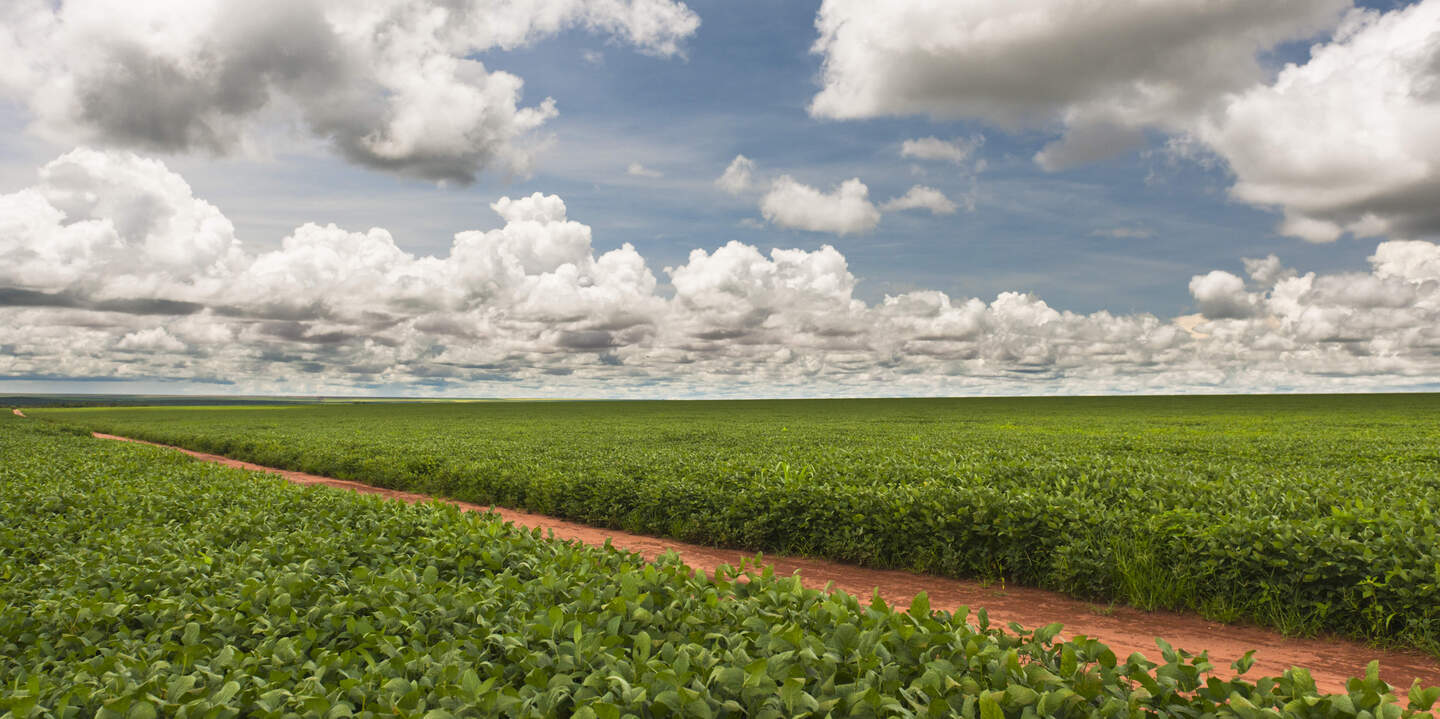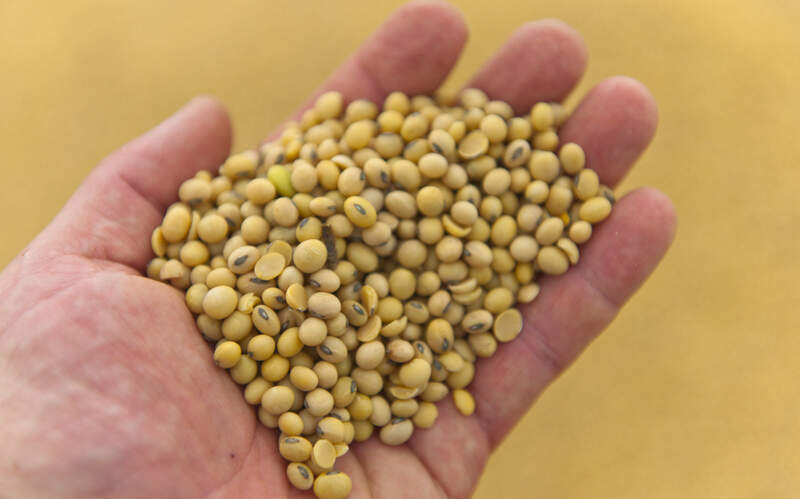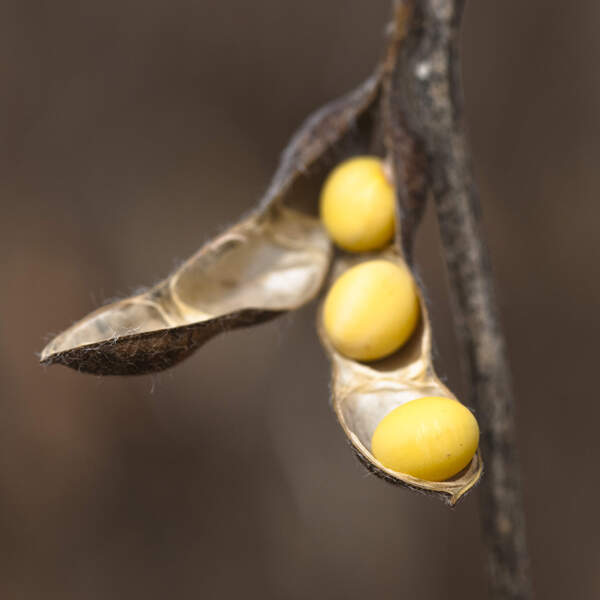Together for sustainable soy
For ten years, the Soybean Network Switzerland has been committed to the responsible cultivation of forage soybean. The specifi cation of sustainability standards has led to a rethinking in the soy sector. As one of the current 29 members of the association, Bell Switzerland is also committed to the sustainable procurement of the coveted beans.
Protein is indispensable for the nutrition of animals – as well as humans. Soya is a high-quality protein supplier in animal feed. The plant offers high yields on comparatively small areas and is very well tolerated and utilisable by farm animals.
The rising global consumption of meat, eggs and dairy products means that the demand for soya is steadily increasing – and with it the negative impact on the environment in the major growing regions, for example in Brazil and Argentina.
Ten years ago, the Swiss Soybean Network joined forces to raise the import of fodder soy to a more sustainable level and thus improve the cultivation conditions in the countries of origin.
The network’s requirements include ensuring that the soy is GMO-free, that no primary forest areas and species-rich habitats have been cleared for the fields, or that the use of potentially harmful plant protection products is reduced. The network has already exceeded its target of soybean imports from responsible cultivation in Switzerland, which amounts to at least 90 percent of total soybean imports.
For the fodder mixtures used in integrated poultry production, Bell in Switzerland also has a direct demand for high-quality, sustainably cultivated soya.
«Through Coop, a founding member of the association and one of the driving forces behind the commitment to the responsible purchase of forage soy, we have been involved in the work of the Swiss Soy Network for many years», reports Basil Mörikofer, Project Manager Sustainability at Bell Switzerland. «We joined three years ago and have been able to participate even more actively ever since».
What has already been achieved in Brazil over the past decade in the shoulder-to-shoulder cooperation of members from the entire value chain is shown in a current study by the University of Agricultural, Forestry and Food Sciences, which the network presented on the occasion of its anniversary in July.
The study confirms that the sustainability standards supported by the Swiss Soybean Network have a positive impact. For example, Swiss soya imports from the Brazilian Cerrado region come from deforestation- free areas, and no problematic working conditions or conflicts with local communities were identified.
«Of course, we at Bell Switzerland are only a small player on a global scale and can therefore only make a small contribution to protecting the growing areas in South America», says Basil Mörikofer. «But with the sustainability standards for the Brazilian producers and a growing proportion of responsibly cultivated European soy, we can at least take some pressure off the rainforest ».
With a share of 0.1 percent, Switzerland as a whole is only a small buyer in the global soya market. Nonetheless, its commitment serves as a role model. Countries such as the Netherlands, Germany and Sweden have already launched initiatives or objectives similar to those of Switzerland.



